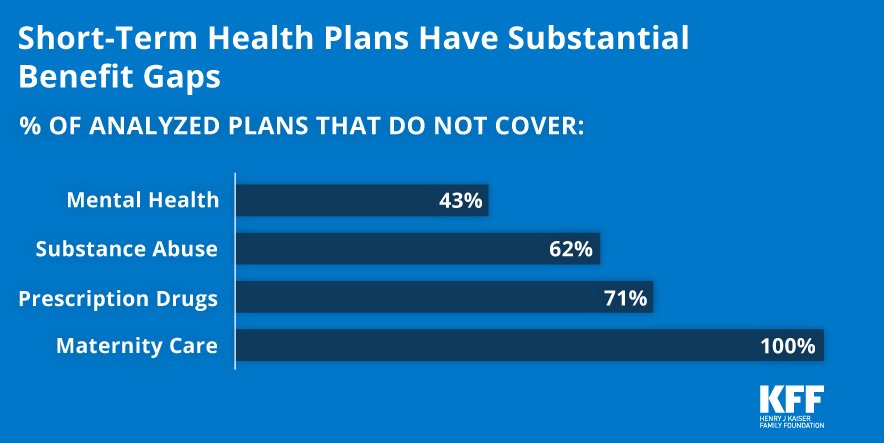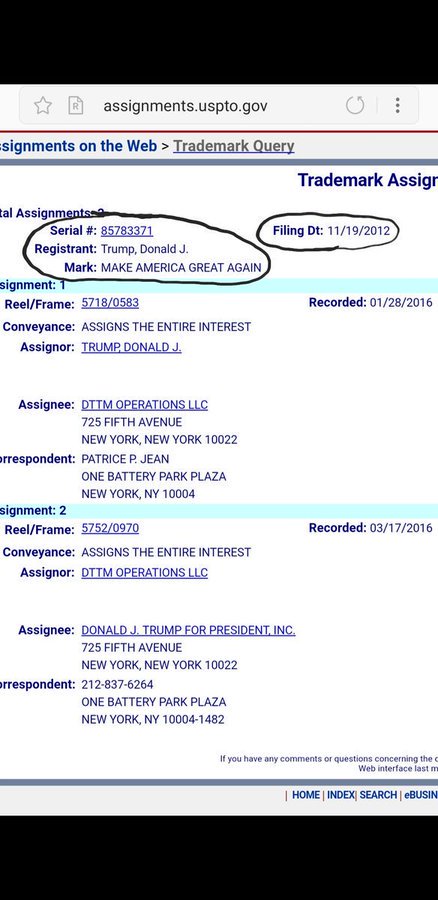That will make them appealing, especially to people who don't qualify for subsidies & face exorbitant premiums now.
Some of them are uninsured. These policies will give them *some* protection.
huffingtonpost.com/entry/trump-ob…
Most don't have mental health or maternity.
Some don't pay for prescriptions or, if they do, the coverage is pretty limited.
kff.org/health-reform/…

If you buy one and develop a serious medical problem, the insurer will likely look back through medical records to see if there were signs of it beforehand -- and refuse to pay. bloomberg.com/news/articles/…
Insurers were notorious for finding excuses not to pay bills -- i.e, minor symptoms or test results that, at the time, nobody took to be anything serious. self.com/story/unable-t…
Those people really need help.
1. Bigger tax credits, available to more people
2. Reinsurance
3. Government price-setting
4. Expansion of public programs/single-payer
Democrats talk a lot about these ideas nowadays huffingtonpost.com/entry/liberal-…
But the alternative is what we get today: Making insurance cheaper by letting insurers cover less and avoid people with pre-existing conditions. huffingtonpost.com/entry/gop-heal…
So in some cases you'll be able to buy one of these policies and, basically, hold it for three years. That's a big deal.
We're talking about creating a parallel market here, although it will depend on whether states have their own regulations in place.
Technically the plans are good for only 364 days, not a full year -- presumably, to avoid ACA regulations. It's not clear judges will be ok with that, per @nicholas_bagley a few weeks ago.
theincidentaleconomist.com/wordpress/knoc…




